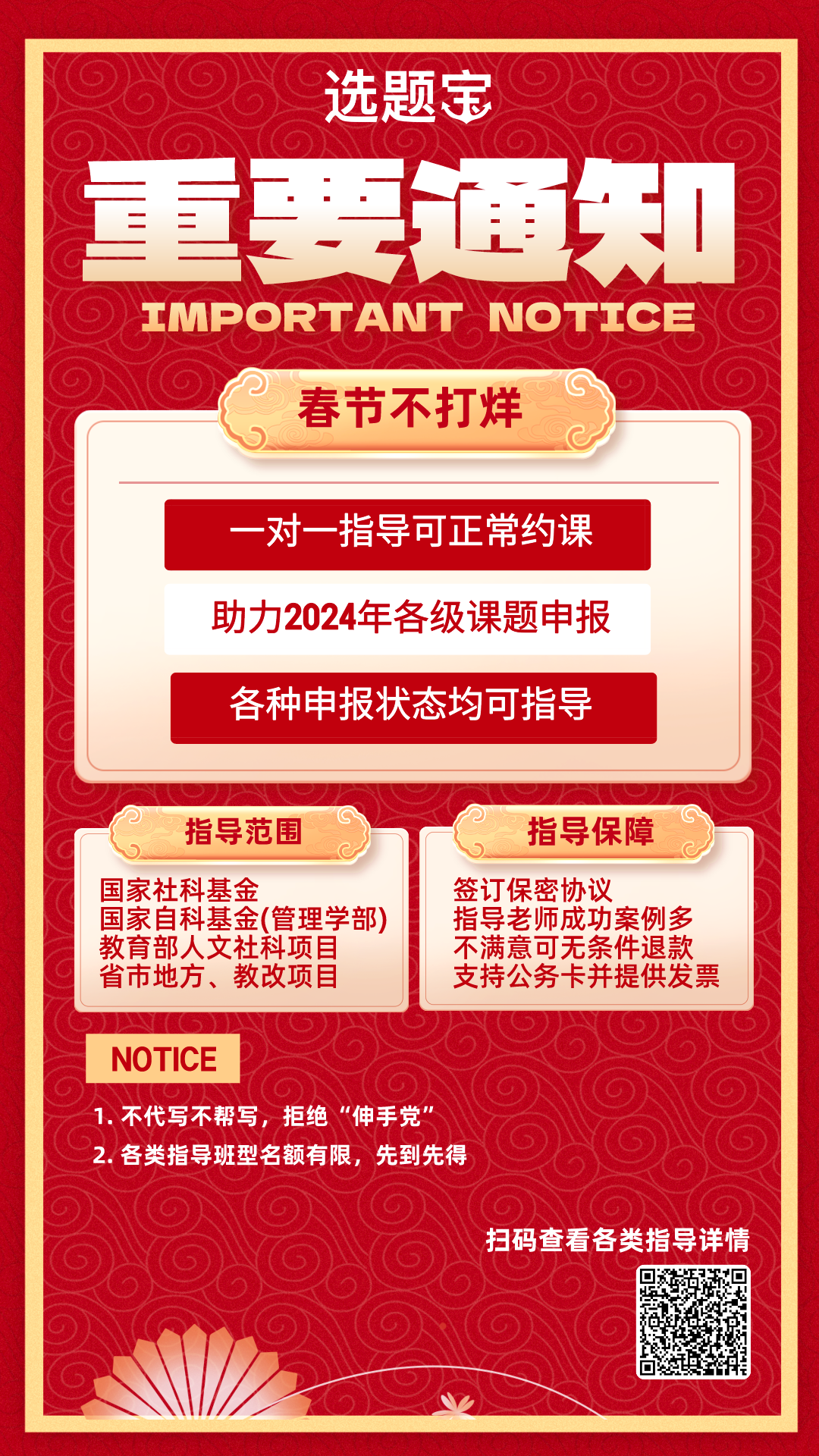SSCI《California Management Review》征稿:战略决策、学习与管理不确定性
2024年07月11日
截止日期:2024/10/31 23:59
征稿期刊
California Management Review
期刊级别
SSCI (JCR 2023)
IF 6.3
Q1 (BUSINESS 41/302)
Q1 (MANAGEMENT 58/401)
征稿主题
Scenario Planning for Strategic Decision-Making, Learning, and Managing Uncertainty
细分领域
Scenario planning methods in organizations
What contemporary trends, shocks, events, risks, opportunities, or management changes prompt businesses to embark on scenario planning? Conversely, what has propelled some businesses to actually abandon scenario planning?
How is scenario planning undertaken in different kinds of businesses and organizations, and what explains the major differences?
What challenges do managers commonly face when implementing scenario planning, and how have these been addressed?
What are the benefits and limitations of one-time versus ongoing periodic use of scenario planning?
What are the advantages and disadvantages of scenario planning versus other strategic planning methods? Which other practices (e.g., forecasting, risk-management, modelling, issues management, agility enhancement, etc.) have been found to complement or clash with scenario planning, and how were conflicts resolved?
What are the benefits and limitations of practicing scenario planning when multiple organizations join together (such as supply chain partners) compared to a single organization doing it alone?
Developments in scenario planning practice
How are scenario planning methods being updated or revised to accommodate important developments, such as artificial intelligence and other information technology tools? In particular, how is artificial intelligence used to enhance or replace scenario planning?
What kinds of organizations have successfully applied scenario planning, and where has it received less traction? How have these patterns changed over time and why?
Where has scenario planning failed in important notable public cases (such as COVID19) and why? What lessons and silver linings can be extracted from these failure instances?
What role do quantitative decision analyses play in scenario planning in organizations?
How may they enhance or diminish the practice of scenario planning?
What roles do consultants play in scenario planning? When is it more effective for an organization to outsource scenario planning to consultants instead of building an internal scenario planning team?
Limitations of scenario planning
What limits or caveats does scenario planning entail for the management of organizations broadly?
What challenges does scenario planning not address well, and why? For example, how should long-term scenario perspectives be connected to short-term planning forecasts?
What kind of education and training is typically employed to increase an organization’s readiness for scenario thinking?
How are organizations addressing challenges associated with assessing the usefulness and effectiveness of scenario planning over the short-term and long-term?
Measuring the effectiveness of scenario planning
What impact does scenario planning have on organizational strategizing, decision making, innovation, culture, etc.? How does it influence the judgment and decision making of organizational leaders and managers? How are these assessed?
When do organizations that utilize scenario planning perform better than those that do not and what may explain such differences? How is this evaluated?
Managerially speaking, how does scenario planning help build organizational resilience and agility? What methods can assess this appropriately?
重要时间
Submission Deadline: 31 October 2024


推荐内容



